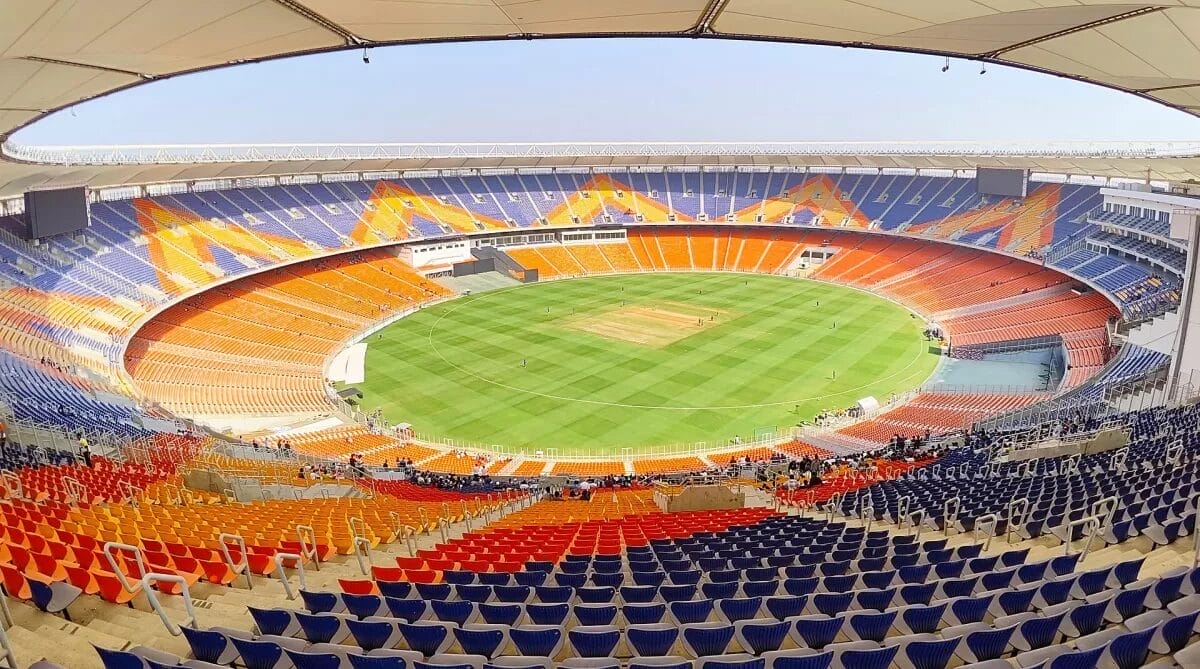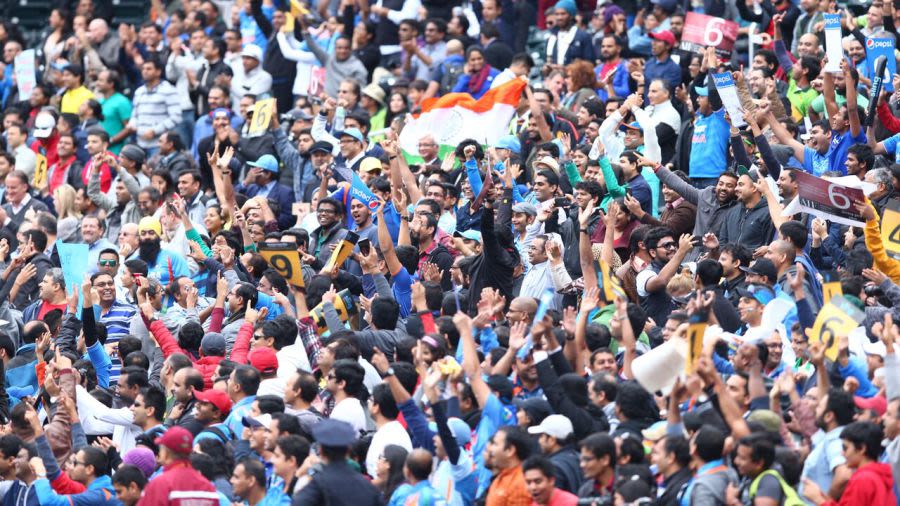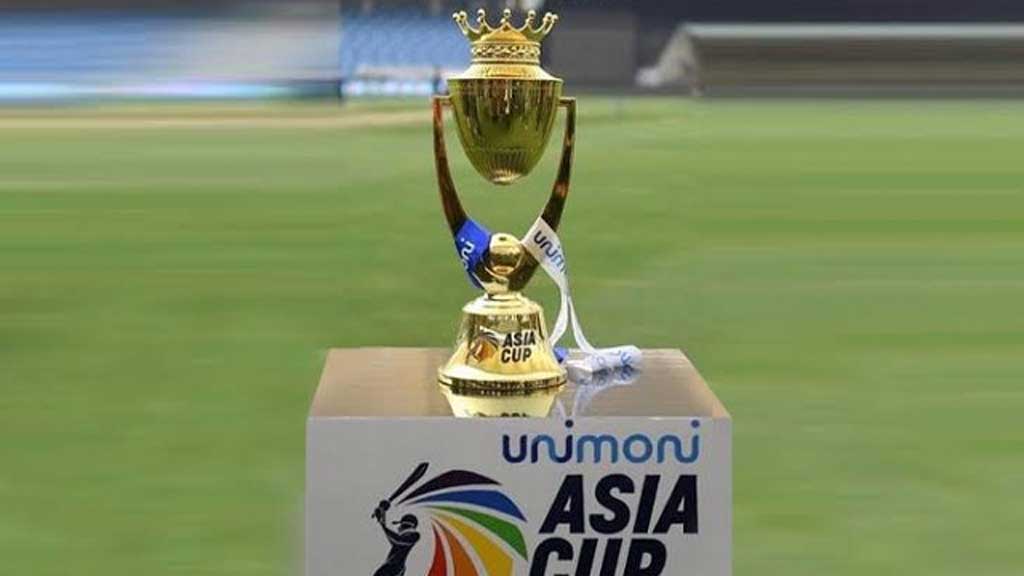Introduction: The Big Question Around Asia Cup 2025
Cricket is not only a game in Asia; it is an emotion that binds crores of followers belonging to all countries, languages, and cultures. Every four years, during the time of the Asia Cup tournament, the Indian, Pakistani, Sri Lankan, Bangladeshi, Afghan, and Nepalese supporters gather to watch high-voltage cricket games devoid of any frills. The Asia Cup is as much about winning a trophy—it is about pride, competition, history, and cricket fervor.
As we approach the highly anticipated 2025 edition, there still remains one question that has been on everyone's lips in social media platforms, news websites, and fan clubs: Why isn't the Asia Cup 2025 going to be held in the host country as announced but the United Arab Emirates instead?
The announcement itself has been met with mixed responses. Some are eagerly awaiting, well aware that UAE boasts world-class stadia and the capability of hosting great tournaments. Some feel disappointed, feeling that cricket's charm lies in home soil, where the home crowd gets to see their team play in their own grounds. In order to understand completely why the Asia Cup has moved to the UAE, we have to examine the history of the Asia Cup, political realities, infrastructure, and what this move means to cricket as a whole.
A Brief History of the Asia Cup
Asia Cup was originally convened in 1984 in anticipation of increasing Asian cricketing relations. The Asia Cup has been conducted in various nations since then, including India, Sri Lanka, Pakistan, and Bangladesh. Every series has been tough, either politically, financially, or meteorologically.
One of the common problems has been India-Pakistan rivalry. Bilateral cricket between the two countries has been irregular because of political disagreements. This has directly affected Asia Cup rights in the past already. On many occasions, the United Arab Emirates has acted as a middle ground to ensure the tournament is not disrupted.
From Sharjah in the 1980s to Dubai now, the UAE has been the "second home" of cricket, or rather, of Asian tournaments. The 2025 one is no exception, but it's pragmatism and urgency compelling it.
Why UAE as Host in 2025?
Neutral Venue Amid Political Tensions
The most compelling political reason why UAE was selected as the host is because of the diplomatic tensions that currently prevail. India and Pakistan continue to be the two strongest cricket boards of the Asian continent. Nevertheless, because of ever-hanging diplomatic controversies, India has always declined to go to Pakistan in the interest of cricket competitions. Because Pakistan holds the official rights of hosting Asia Cup 2025, the Asian Cricket Council (ACC) had no choice but to make concessions so that all participating teams would be at ease.
It is the neutrality of the UAE that makes this possible. By hosting the Asia Cup in Dubai, Sharjah, and Abu Dhabi, India and Pakistan are able to play without betraying their political ideology. It ensures that cricket fans all over the globe can view the most eagerly awaited encounter in cricket—the India-Pakistan match—without having the tournament terminated.

World-Class Cricket Infrastructure
It is not just a fall-back venue; it is a venue for cricket in itself. Dubai International Stadium, Sharjah Cricket Stadium, and the Sheikh Zayed Stadium at Abu Dhabi are famous all around the globe for their world-class facilities, pitch standard, and capacity to accommodate gigantic crowds.
These arenas already have seen some major tournaments, such as the 2021 T20 World Cup and several seasons of Indian Premier League (IPL). With top-of-the-line broadcasting gear, day-night matches played in floodlights, and fairly good facilities for cricketers, the UAE provides an atmosphere that is at least up to, if not superior to, the conventional cricket-playing nations.
To sponsors and boards, this translates into silky smooth operational proceedings and further avenues of revenue generation, hence making UAE a commercially viable proposition as well.

Fans' Access
One of the least thought about but most significant reasons for UAE's choice is its massive South Asian demographic. Indians, Pakistanis, Bangladeshis, and Sri Lankans total in the millions and reside and work in the Gulf. Cricket in UAE to them is cricket in the homeland.
All Asia Cup or IPL games hosted in the UAE have seen sold-out crowds, with no traces of dissenting fans, only passionate fans cheering and displaying their country's flag. This ensures electric atmospheres that result in the tournament's popularity. As opposed to some stadiums where the number of fans may be minimal, UAE ensures sold-out games, astronomical ticket sales, and a stadium experience second to none.

Safety and Political Stability
Cricket authorities everywhere prioritize players' security. Unpredictability, vulnerability to security risks, or high-riding environments put both players and fans at risk. The UAE, however, enjoys a politically stable, extremely secure environment where teams can independently think of cricket.
Tough government regulations, advanced policing, and five-star facilities put UAE at the forefront of hosting secure global sports. To the boards of India's BCCI and Pakistan's PCB, the same sense of security is priceless, and UAE is the preferred destination for Asia Cup 2025.

Benefits of Hosting in UAE
Cost-free but ardent fans: Fans from every country create an electric atmosphere for every match.
Broadcast-friendly: Convenience of Asian and international viewers with UAE time zone.
Experience proven: Seasons of IPL, T20 World Cup, and PSL are evidence of success of UAE.
Tourism booster: Tourist supporters traveling to UAE provide a boost to local tourism and business.
Player comfort: International standard practice grounds, hotels, and training conditions are offered to the players.

Comparing UAE with Other Venues
Sri Lanka and Bangladesh are always choices but are not as viable due to the uncertain monsoon rains of Sri Lanka and deplorable facilities in Bangladesh. Pakistan, as much as any nation deserves to be a host, has political and diplomatic problems that discourage all teams from traveling there.
It is the reverse in the case of the UAE, which provides the middle way-neutral, secure, and more-funded. It is the Asian Cricket Council's best option that the tournament continue and continue doing so.

Conclusion: A Tournament Beyond Borders
UAE as the venue for the Asia Cup 2025 is not merely a logistical choice—it is a recognition of the realities of contemporary cricket. Despite a lack of the romance of home fixtures amongst the purists of classical cricketing nations, the UAE guarantees the tournament is held unencumbered. Neutral grounds might lack the emotional appeal of home bases, but they guarantee harmony, safety, and parity.
UAE has been cricket's second home forever. It has hosted T20 World Cups to IPL and proved it can be a country more than capable of hosting world-class events that are good to play, watch, and broadcast.
Lastly, the Asia Cup isn't measured where it is held, but how well it is received. The UAE hosts the tournament, but drama, thrill, and exhilaration of cricket are produced by fans and players.
So what do you make of this? Do we have to look to the UAE forever as our option B, or we look to the traditional cricket-playing nations of the near future?











0 Comments